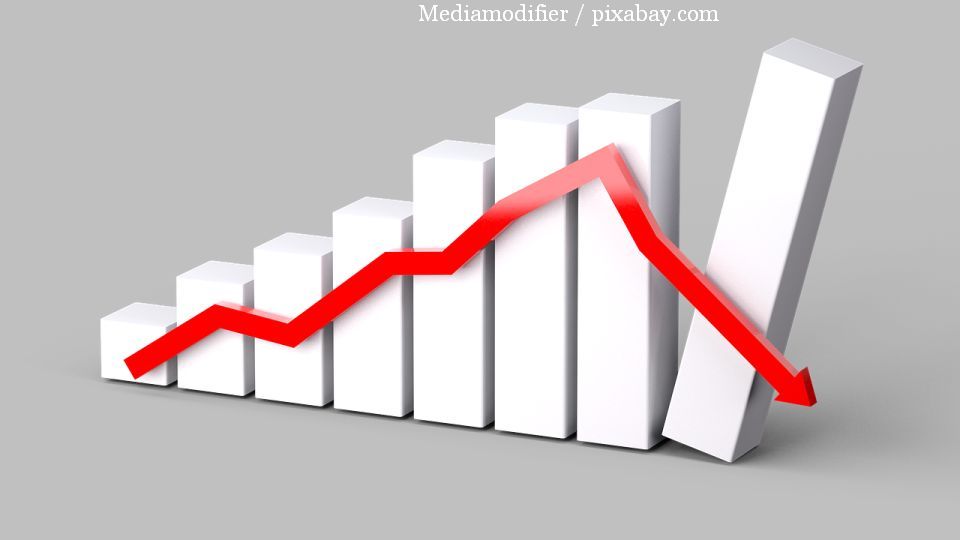Efforts to reduce the budget deficit
Romania's plan to reduce the budget deficit was approved by the European finance ministers.

Mihai Pelin, 22.01.2025, 14:00
The Economic and Financial Affairs Council (ECOFIN) approved, in Brussels, the budget deficit reduction plans for eight EU states, including Romania. The Romanian Finance Minister, Tánczos Barna, states that reducing the deficit over a period of seven years instead of four will bring many advantages to the country. First, it will allow the Romanian economy to maintain a high level of public investments, and Romania fares well in this regard among the EU states. It is at the same time a premise for avoiding imbalances and for sustainable economic growth. Apart from Romania, four other member states – Spain, Italy and Finland – requested the extension of the adjustment period. The European Commissioner for Economy, the Latvian Valdis Dombrolskis, explained that the first analyses will be published in the spring.
On the sidelines of the Council meeting, he had a separate meeting with the Romanian Finance Minister to discuss the details of the plan. Tánczos Barna states that, throughout the seven years, Romania will receive financial and technical support to restore the macroeconomic balance. The parameters indicated by the European Commission aim to keep public expenses under control and to obtain economic growth through investments. Romania’s fiscal budgetary plan aims to stabilize the public debt and reduce the deficit to below 3% of the GDP, in the period 2025-2031. Romania will continue to develop, protecting essential investments and ensuring long-term financial stability, says, in turn, the Romanian Minister of Investments and European Projects, Marcel Boloş, in a Facebook post. In his opinion, the European Commission’s decision to approve Romania’s budget deficit reduction plan will allow the government to avoid the pressure of an accelerated adjustment or the adoption of dramatic measures to reduce the budget deficit. Massive spending cuts, blocking investments in hospitals and roads, massive tax increases, all these would have been the consequences of a tough adjustment imposed by the European Commission, Marcel Boloş said.
On the other hand, the minister also points out, through this plan international credibility is maintained, in the context in which non-compliance with fiscal commitments would have led to a decrease in the country’s rating, which would have made loans more expensive and harder to access. The decisions show that European economies currently need time to achieve sustainable fiscal consolidation without sacrificing development. Without this plan, Romania would have risked losing what is being built now for future generations, Marcel Boloş emphasized. 2024 was difficult for Romania, with local, European Parliament, presidential and parliamentary elections. At the same time, it was a year in which pensions were recalculated, salaries were increased in several areas and investments were supported with unprecedented amounts. Romania ended 2024 with a budget deficit of 8.6% of the GDP. (LS)






























